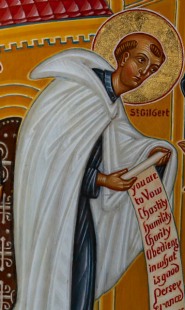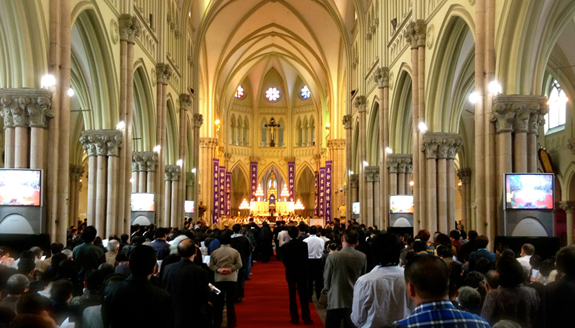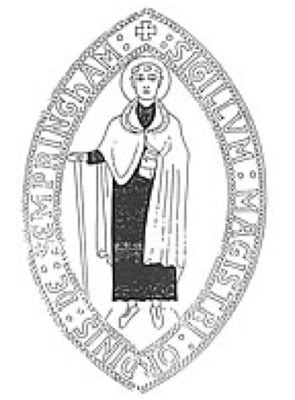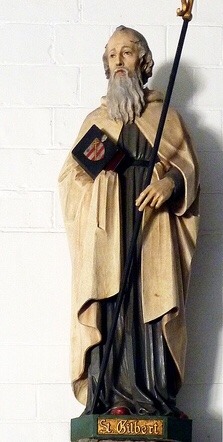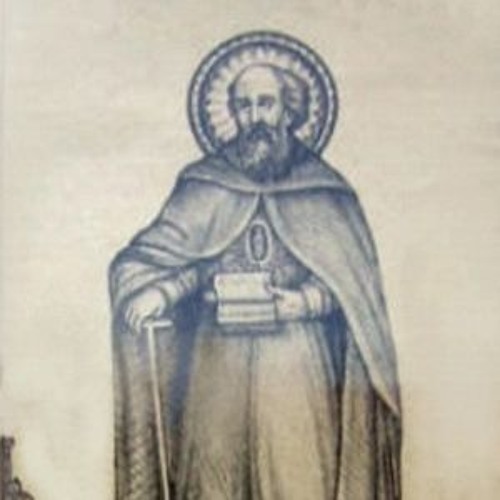The village of Ravenstonedale lies at the foot of the Howgills cosying up to both the Lake District and the Yorkshire Dales National Parks. Limestone cottages nestle under Scandal Beck. On the main street is the High Chapel (now the United Reformed Church). Further down the hill is the Wesleyan Centenary chapel built in AD1839.
The Church of St Oswald (Church of England) sits on the site of a derelict Gilbertine priory and church. St Oswald was rebuilt in 1726 in the Georgian style and is a scheduled historic church of England. The church was further renovated in 1744 with the belfry preceding it in 1738. Much of the stone of the earlier church was incorporated in the present church. A three decker pulpit and tiered oak box-pews facing a central aisle command attention. Both are from the old church as are boards that display the creed and the Ten Commandments.
The designs for the wide chancel arch and south porch (decorated with 12th century wolf head corbels) were copied from the medieval church. The windows are typical 18th century as is the three-belled tower-two of the bells are from the old church and one from the rebuilding. The organ dates to 1891. The east window honours a woman martyr who was burned at the stake for performing an act of kindness in the name of her faith.
A former tower contained a church bell that served as a Rights of Sanctuary bell. A fugitive ringing it was ensured a fair trial and possibly pardon. The ubiquitous yew trees inhabit the churchyard where a excavation revealed a purported Gilbertine cell.
A blacksmith's shop once operated on the main street of the town. Another was keep busy on nearby Ash Fell. It served not only the farmers but also the miners on the fell. The old King's Head Hotel is reputed to be haunted. Another ghost, that of Lord Wharton, supposedly haunts the road to Ravenstonedale. It was he who started the High Chapel dissenters group.
Near to the village is 16th century Tarn House with its mullioned windows a clue to its age. Hill farming is still a principal means of income. An agricultural show is held the 3rd Saturday in August echoing the past when both markets and fairs were held in the village.
Ravenstonedale's name (also called Rissendale) comes from an old custom in which a bounty of two pence was paid for a raven's head. In its rural setting, the town retains much of its historic charm.

